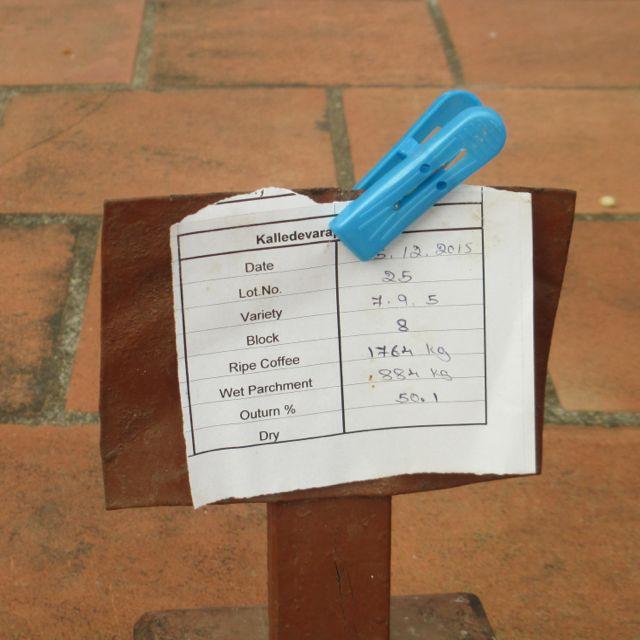
The history of Specialty Coffee is one of evolution among both roasters and consumers. In moving away from generic coffee, Specialty Coffee’s initial stage saw emphasis on coffees from a single country but from multiple farms or estates. The next stage then emphasized coffee from a single farm or estate but with a mix of varieties or cultivars.
Today, today focusing on coffee from a single farm AND also a single variety (or cultivar) is the norm for Specialty Coffee in the US… except when it comes to beans from India. The generalist importers and traders still mostly carry generic lots w/ little traceability.
The more focused approach- one variety from one estate– is what Josuma has been doing almost since Day One (more than 30 years ago). We’ve always thought that highlighting both individual farms and specific varieties was the optimal way to showcase the best green coffee from India.
That said, understanding the different cultivars that India offers can be a challenge for many roasters. Unlike other regions, where the same cultivar can be found across multiple countries, the ones produced in India often aren’t found elsewhere.
One such cultivar is the S-795, which also grows in Indonesia (where it is known as Jember).
Like many of the cultivars grown in India, the S-795 is a mix; in this instance, the parentage includes such rarities as C. Liberica (which Indian growers call “tree coffee”) as well as the delicate and temperamental Kent Arabica.
While the exotic Liberica genes might suggest this bean is meant for the adventurous types seeking something new, the bean’s versatility and flavor profile push it in a more consumer-friendly direction.
Flavor and aroma will typically have chocolate as a primary note, with nuts, sugars, spice, and/or hints of fruit as the complementary notes. Expect a creamy mouthfeel and moderate acidity.
When we served this bean at the Roasters Village during SCA Expo, the most common reaction from attendees: “I could drink this every day.”